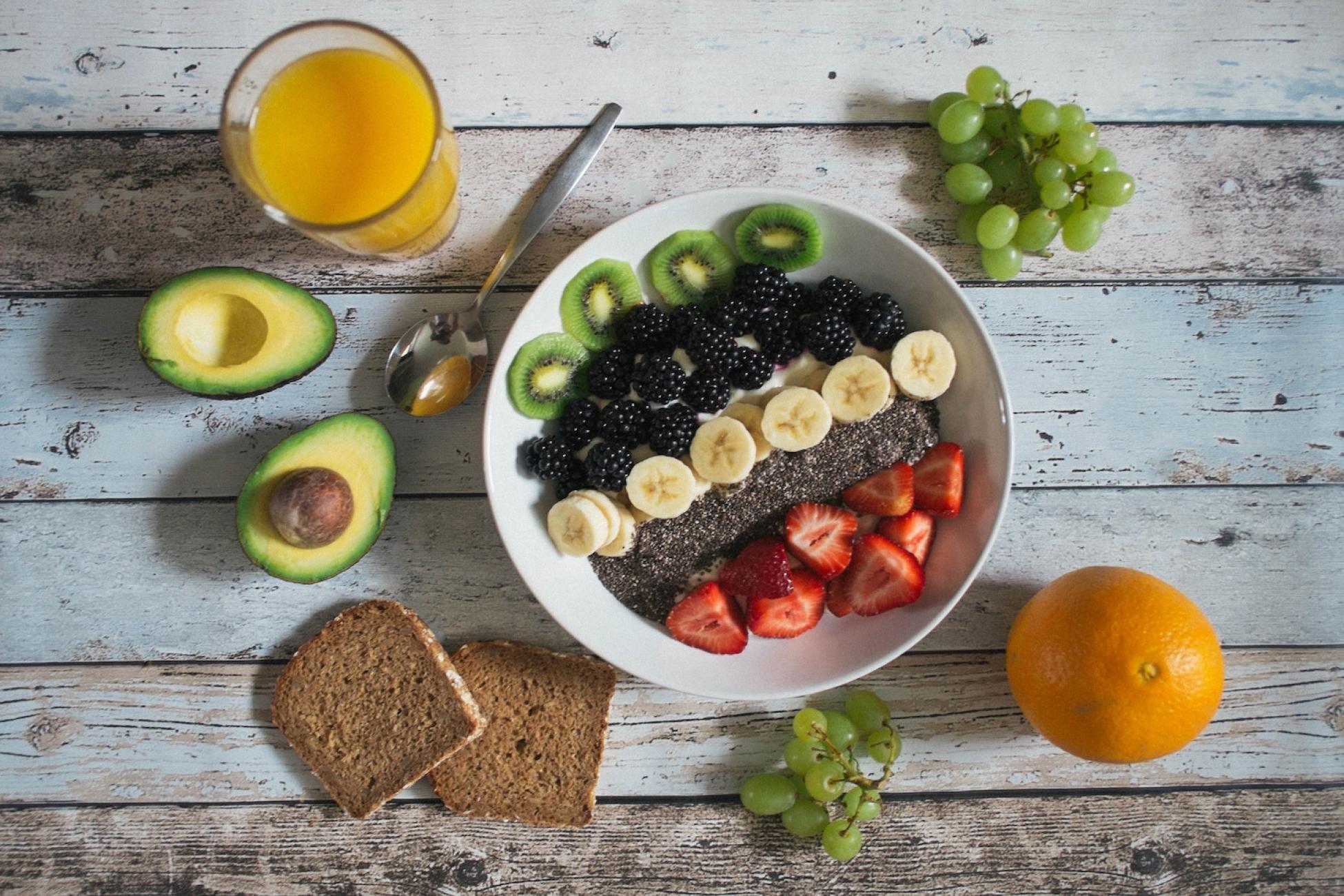If I can be vegan in Asturias, Spain then anyone can be vegan—anywhere in the world.
Vegetarian beginnings
I went vegetarian at the age of nine. Something in my brain didn't add up—I just couldn't fathom how one could eat one animal while going to the moon and back for another. Much of my family was dismayed by my decision—including my two uncles, who were very vocal about how "eating meat is natural" and "it's just what humans do."
That's the thing about food. It's so darn personal. I never realized this before I first began vocalizing my support for ethical consumption a few years ago. Food is not just food—it's the memory of the smell of your mother's secret meatballs recipe wafting out of the kitchen as you get back from school. It's the stories you share at the dinner table, surrounding a savoury pot of biryani. It's about culture; it's about human relationships. It's tied to our identity.
That's the thing about food. It's so darn personal... It's about culture; it's about human relationships. It's tied to our identity.
Consider "flexitarianism"
Today, we are all aware that the meat industry is not only responsible for killing billions of sentient beings every day, but it is also slowly suffocating the planet. The planet does not care if you label yourself "vegan," nor do the animals. They just want you to stop eating them.
Flexitarianism is a great way of incorporating more fruits and veggies into your diet without completely cutting out animal products. As the name suggests, you try to consume most of your calories from ethical and non-animal derived products. But you don't die trying to be perfect about it. When you can't avoid eating animal products—or the need to eat a cheesy pizza arises—you give in. After all, that five or 20 per cent of the time that you may want or need to eat animal products shouldn't stop you from saving them and the planet the rest of the time.
How to be flexitarian on-the-go
Now onto the fun stuff! Here are some vegan hacks I have learned having been vegetarian for 13 years and vegan for a few months. I travel a lot and usually end up in places known for their cheese or ham. These tips should help you make more ethical and eco-friendly food choices without spending a bomb.
1. Choose the right fuel
Let's start off with the basics: your body needs good fuel. There is no need to get unnecessarily fancy with your food choices the moment you choose to become more plant-based. The moment you decide to stock up your fridge with five different types of milk, mock-meats, and pea protein powders, your pocket is going to begin to feel uncomfortably light. Stick to incorporating more fruits, veggies, beans, lentils, nuts and seeds into your diet.
2. Explore alternative proteins
"But what about the protein?" This question will inevitably be thrown at you at some point or another. Your body doesn't need as much protein as the fitness industry claims. You don't need one gram of protein per pound of your bodyweight. Stick to legumes, lentils, tofu, peas, nuts, whole grains, seeds and spinach and you'll be just fine.
3. Try meal prepping
Meal prep is your friend. In my next post, I'm going to give an in-depth explanation on how I meal prep. For me, it is essential to do so since eating out is not really an option, and on most days I'm back from work at around 11:30pm. To put it briefly, I cut and chop veggies (carrots, peppers, onions, mushrooms), pre-boil protein sources like chickpeas and kidney beans, cook the quinoa and peel the garlic. I use store bought tomato sauce and vegan pesto sauce on days I want to incorporate sauces. I am guilty of using store bought hummus, but plan to cut it out soon, because let's be honest, the plastic packaging just isn't worth it.
4. Take supplements
As a vegan or vegetarian, the only thing you really need to supplement is Vitamin B12—this is literally the only vitamin you're going to risk running low on. You can either eat a bunch of fortified foods, or you can just supplement it.
5. Look out for vegan-friendly restaurants
Use websites like Happy Cow to find vegan and vegetarian-friendly restaurants around you. With a bit of planning, it's easy to find plant-based options while eating out. But, if you're not down to do so much planning and don't want to neglect social situations, just go out with your friends and family—enjoy a glass of wine, order a salad or french fries, ask for vegan options, and just be a happy person. You're doing something good for the world, for the animals and for your body. Take a deep breath and relax.
Add this article to your reading list




